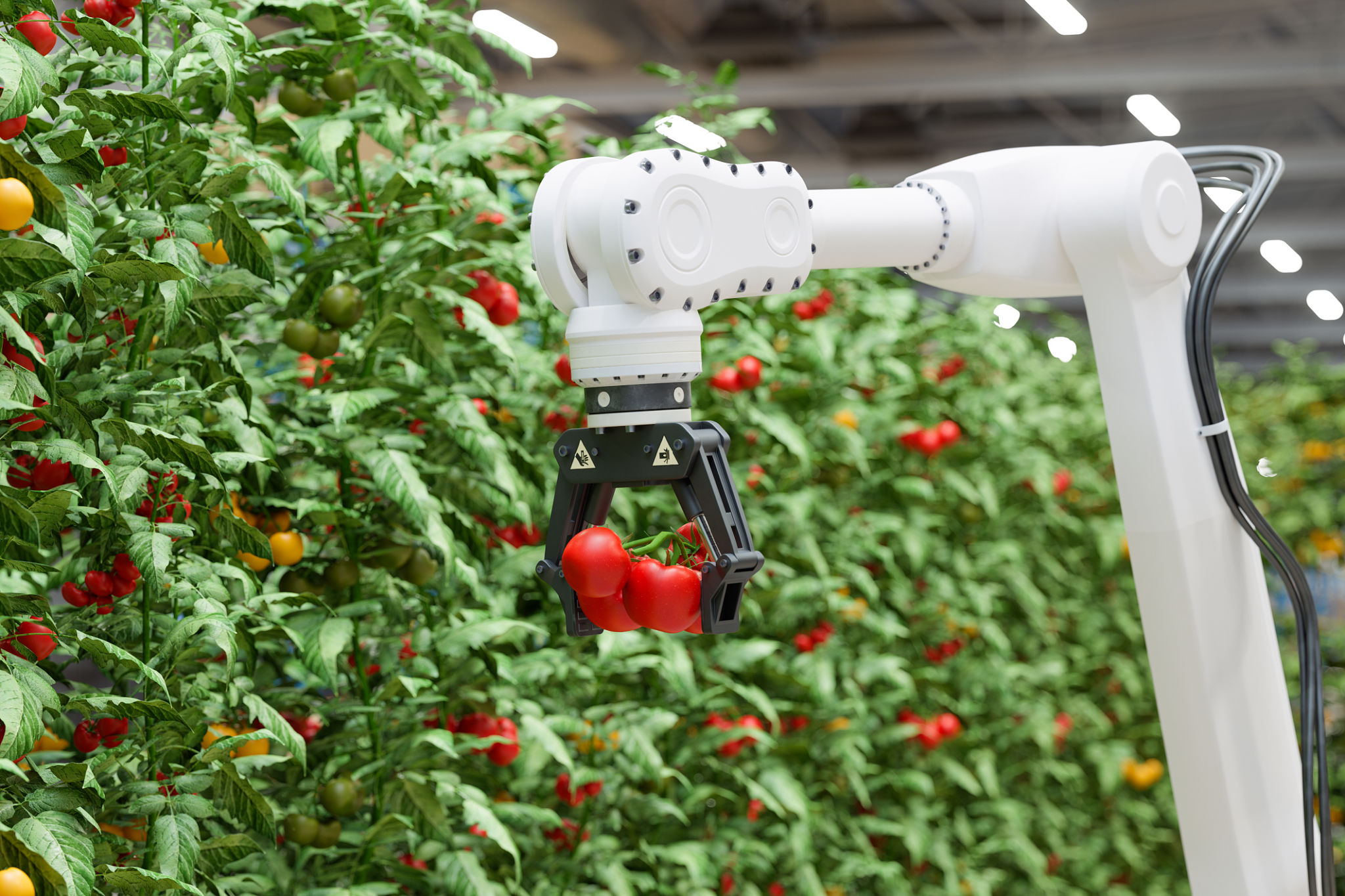Sustainable Agriculture: The Future of Urban Living
The Rise of Urban Agriculture
As cities continue to expand and populations rise, the need for sustainable solutions becomes increasingly critical. One such solution is urban agriculture, which involves cultivating, processing, and distributing food in or around urban areas. This practice not only provides fresh produce but also contributes to a more sustainable and resilient urban ecosystem.

Urban agriculture is gaining popularity due to its numerous benefits. It helps reduce the carbon footprint associated with transporting food from rural farms to city centers. Additionally, it transforms unused spaces, such as rooftops and vacant lots, into productive green areas. These urban farms can significantly enhance local food security by ensuring a steady supply of fresh produce.
Innovative Techniques in Urban Farming
Several innovative techniques are making urban agriculture more efficient and accessible. One such method is vertical farming, which involves growing crops in stacked layers. This approach maximizes space usage, making it ideal for densely populated areas. Hydroponics and aquaponics are also popular techniques. They allow crops to grow without soil, using nutrient-rich water solutions instead.

These techniques not only save space but also conserve water and reduce the need for chemical fertilizers. By adopting these methods, urban farmers can produce high yields of fresh produce while minimizing their environmental impact.
The Role of Technology
Technology plays a pivotal role in advancing sustainable urban agriculture. From smart sensors that monitor crop health to automated systems that optimize watering and nutrient levels, technology is transforming how urban farms operate. These innovations increase efficiency and productivity, making urban agriculture a viable option for feeding growing city populations.

Moreover, data analytics can provide insights into consumer preferences and market trends, helping urban farmers tailor their produce to meet demand. This data-driven approach not only enhances profitability but also ensures that surplus production is minimized.
Community Engagement and Education
Urban agriculture also fosters community engagement and education. Community gardens are sprouting up in neighborhoods worldwide, offering residents the opportunity to participate in growing their own food. These spaces serve as hubs for learning about sustainable practices and the importance of healthy eating.
Involvement in urban farming projects can strengthen community bonds and provide educational opportunities for all ages. Schools and local organizations often partner with urban farms to offer workshops and hands-on experiences, promoting environmental awareness and sustainability among students and residents.
The Future of Urban Living
Sustainable agriculture is poised to play a vital role in the future of urban living. As cities become more self-sufficient in food production, they can reduce their dependency on external sources and enhance overall resilience. This shift not only benefits the environment but also improves the quality of life for urban dwellers by providing access to fresh, locally grown produce.
In conclusion, the integration of sustainable agriculture into urban living is crucial for building resilient communities that thrive in harmony with nature. As awareness grows and technology advances, urban agriculture will continue to evolve, offering innovative solutions to some of the most pressing challenges facing our cities today.